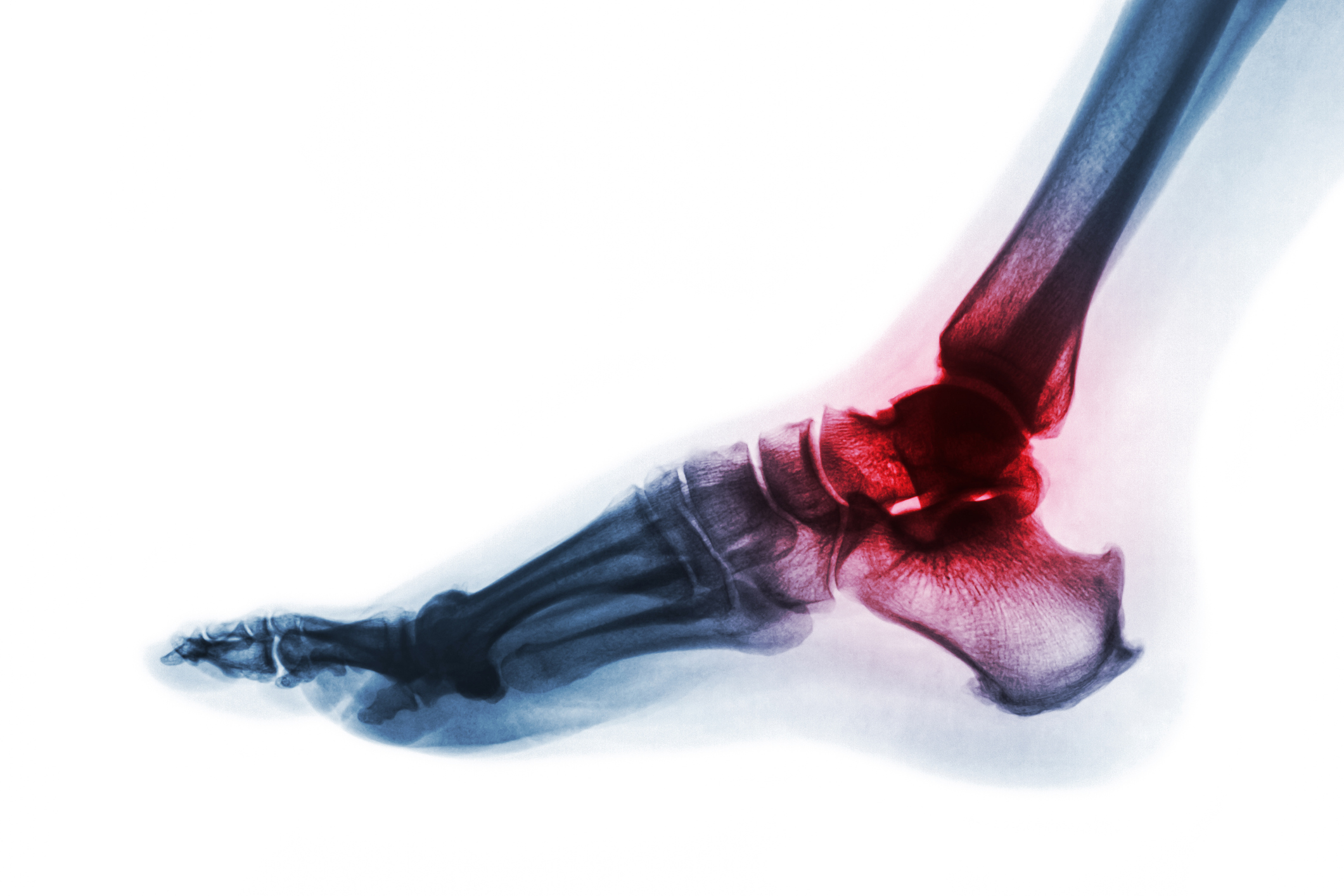
Arthritis is a condition characterized by inflammation and stiffness of the joints. There are several types of arthritis, including osteoarthritis, rheumatoid arthritis, and gout, among others. Treatment for arthritis aims to relieve symptoms, reduce inflammation, and improve joint function. While I can provide general information about arthritis treatment, it’s important to consult a healthcare professional for personalized advice.
- Medications: Depending on the type and severity of arthritis, various medications may be prescribed. Nonsteroidal anti-inflammatory drugs (NSAIDs) such as ibuprofen or naproxen can help reduce pain and inflammation. Disease-modifying antirheumatic drugs (DMARDs) are commonly used for rheumatoid arthritis to slow down the progression of the disease. Corticosteroids may be prescribed for short-term relief of severe symptoms.
- Physical therapy: A physical therapist can design an exercise program to strengthen the muscles around the affected joints, improve flexibility, and reduce pain. They may also recommend hot and cold therapy, ultrasound, or electrical stimulation.
- Lifestyle changes: Making certain lifestyle modifications can help manage arthritis symptoms. Maintaining a healthy weight can reduce stress on the joints. Regular exercise, such as low-impact activities like swimming or cycling, can improve joint mobility. Protecting joints from excessive stress and using assistive devices like braces or canes can also be beneficial.
- Alternative therapies: Some individuals find relief from arthritis symptoms through alternative treatments, although scientific evidence may be limited. These may include acupuncture, herbal supplements like turmeric or ginger, massage therapy, or chiropractic care. It’s important to discuss these options with a healthcare provider before trying them.
- Surgical intervention: In cases where conservative treatments fail to provide relief, surgery may be considered. Joint replacement surgery, such as knee or hip replacement, can be an option for severe osteoarthritis. Synovectomy, joint fusion, or joint repair may also be recommended in specific situations.
It’s crucial to consult with a rheumatologist or an orthopedic specialist for an accurate diagnosis and to determine the most suitable treatment plan for your specific condition. They will consider factors such as the type of arthritis, the severity of symptoms, your overall health, and individual preferences when recommending a treatment approach.
See More on Video

The Arthritis Strategy A plan for healing arthritis in 21 days has been provided by Shelly Manning in this eBook to help people suffering from this problem.This eBook published by Blue Heron publication includes various life-changing exercises and recipes to help people to recover from their problem of arthritis completely.